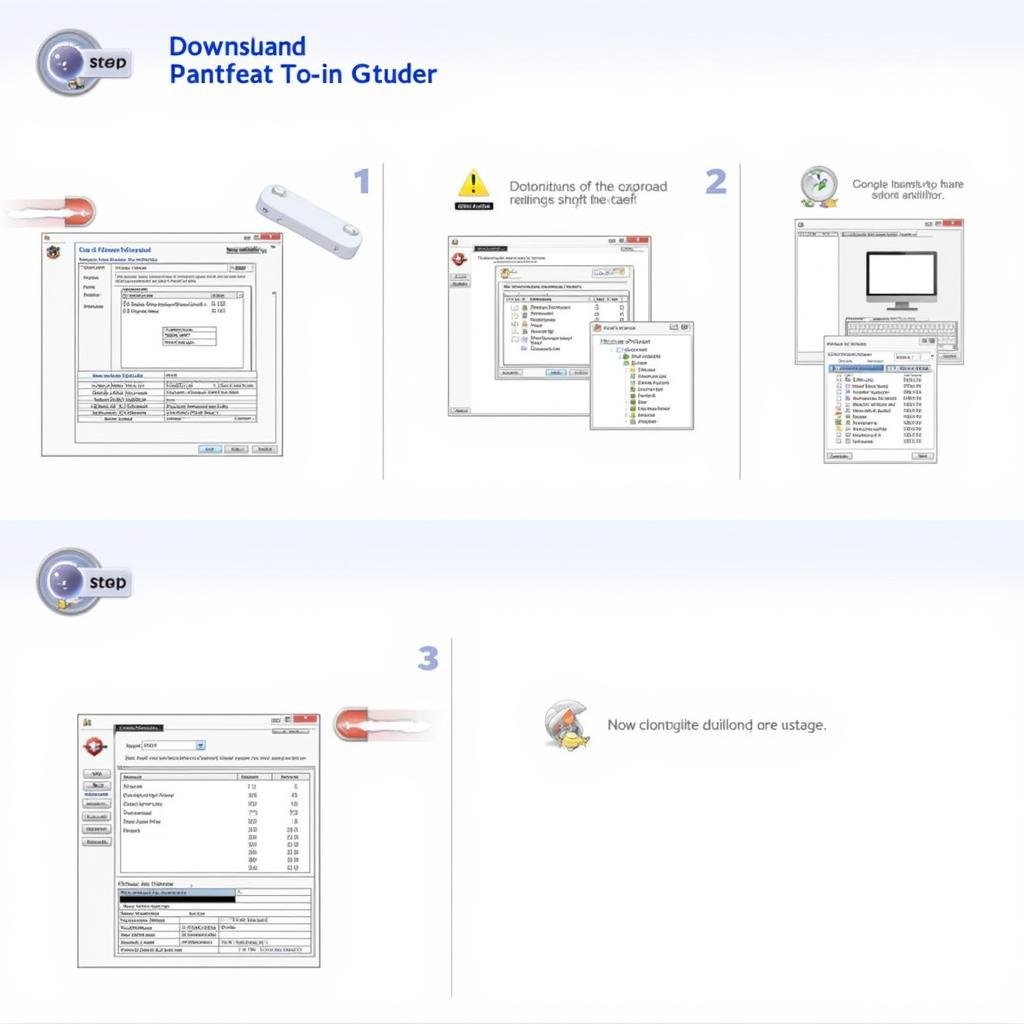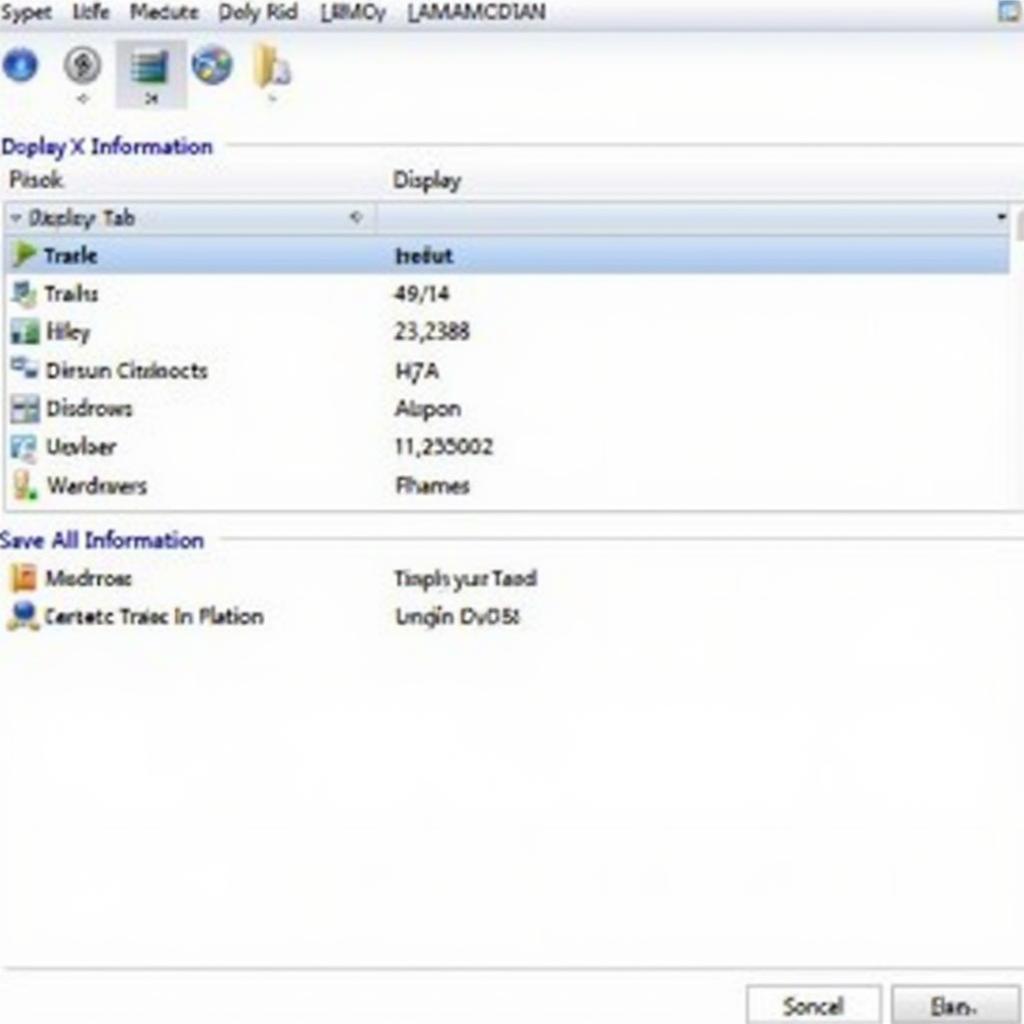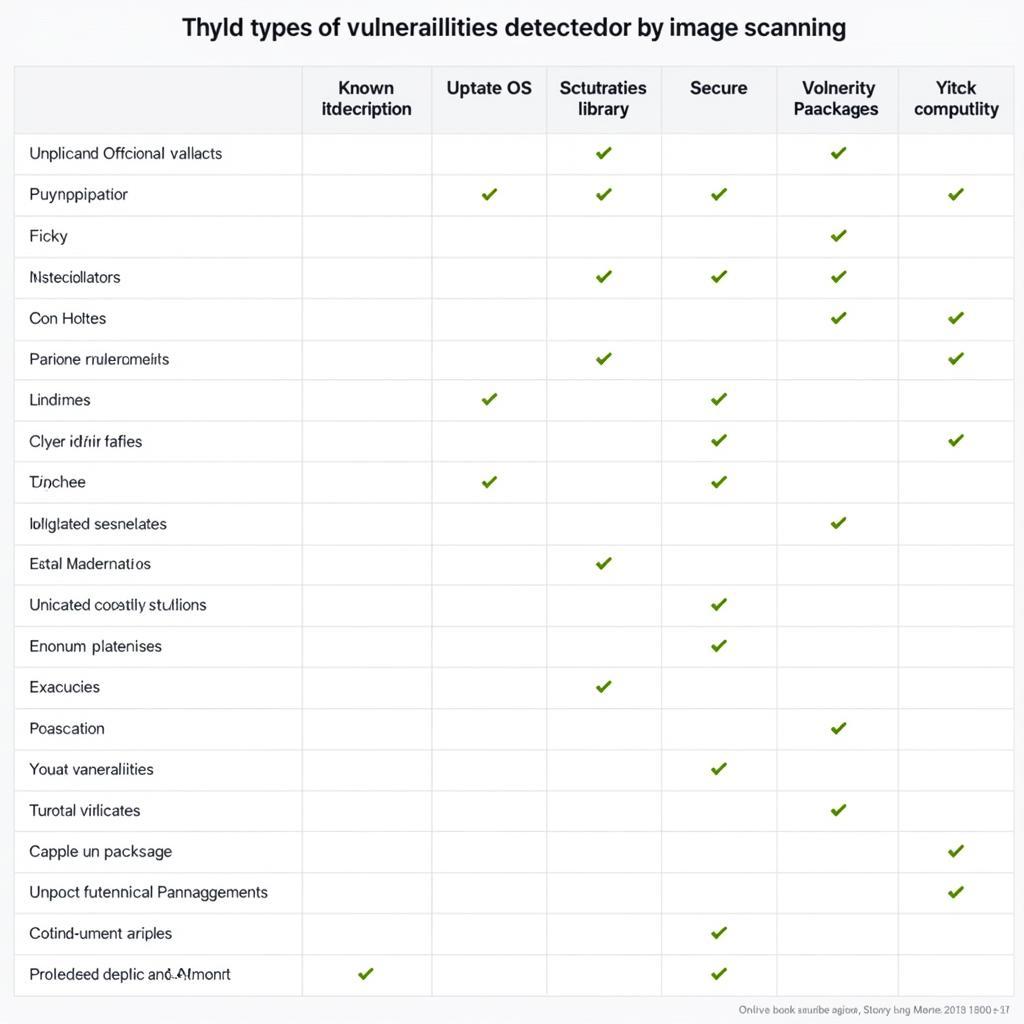Dell computers are renowned for their reliability, but even the most robust hardware can encounter issues. When problems arise, having the right diagnostic tools can save you time, money, and frustration. That’s where Dell Pc Hardware Diagnostic Tools come in. These powerful utilities can help you pinpoint the source of hardware malfunctions, ensuring you apply the right fix, whether it’s a simple software tweak or a hardware replacement.
Why Use Dell PC Hardware Diagnostic Tools?
You might be wondering why you should bother with specialized diagnostic tools. Here’s the deal:
- Accuracy: General-purpose system checkers often lack the depth to accurately diagnose hardware issues on Dell PCs. Dell’s dedicated tools are specifically designed to understand the intricacies of their hardware, providing precise and reliable results.
- Early Detection: These tools can often identify problems before they escalate into major issues. Early detection means you can take proactive steps, potentially avoiding costly repairs or data loss down the line.
- User-Friendly: Don’t let the “hardware” part scare you. Dell has made these tools surprisingly intuitive, even for those who aren’t tech-savvy. Clear instructions and easy-to-understand results make troubleshooting less daunting.
Types of Dell PC Hardware Diagnostic Tools
Dell offers a range of diagnostic tools, each tailored to different needs:
1. Built-in Diagnostics (PSA/ePSA)
Most Dell computers come with pre-installed diagnostics known as Pre-boot System Assessment (PSA) or Enhanced Pre-boot System Assessment (ePSA). These tools run before the operating system loads, allowing them to check hardware components at their most basic level.
To access PSA/ePSA:
- Restart your Dell PC.
- Immediately press the F12 key repeatedly as the Dell logo appears.
- From the boot menu, select Diagnostics.
2. Dell SupportAssist
SupportAssist is a more comprehensive diagnostic and support tool that runs within your Windows operating system. It proactively monitors your system’s health, detects potential issues, and even offers automated fixes.
To access SupportAssist:
- Search for “SupportAssist” in the Windows search bar and open the application.
3. Dell Online Diagnostics
For advanced troubleshooting or when you suspect a specific hardware component is faulty, Dell provides online diagnostic tools. These web-based utilities offer a wider range of tests and can provide detailed reports.
To access Dell Online Diagnostics:
- Visit the Dell Support website.
- Enter your Dell PC’s service tag or navigate to your product.
- Locate and run the “Diagnostics” tool for your specific model.
Common Hardware Issues and How Dell Diagnostic Tools Help
Let’s illustrate how these tools can be your allies in resolving real-world problems:
1. Slow Performance:
- Tool: SupportAssist
- How it helps: Identifies resource-hogging applications, outdated drivers, and potential hard drive errors that could be slowing your PC down.
2. Hard Drive Errors:
- Tool: Built-in Diagnostics (PSA/ePSA) or hard disk diagnostic tool free
- How it helps: Runs targeted tests to identify bad sectors, read/write errors, and other hard drive issues.
3. Overheating:
- Tool: SupportAssist
- How it helps: Monitors system temperatures and fan speeds. It can alert you to overheating problems and even recommend solutions.
4. Memory Problems:
- Tool: Built-in Diagnostics (PSA/ePSA)
- How it helps: Performs rigorous memory tests to detect faulty RAM modules.
“Using Dell’s diagnostic tools is like having a virtual technician at your fingertips,” says John Smith, a senior IT specialist with over 15 years of experience. “They can save countless hours of guesswork and ensure you’re addressing the root cause of hardware issues.”
Tips for Using Dell PC Hardware Diagnostic Tools
- Back Up Your Data: Before running any diagnostic tests, especially those involving your hard drive, it’s crucial to back up your important data.
- Follow Instructions Carefully: Pay close attention to the on-screen instructions during the diagnostic process.
- Note Down Error Codes: If the tools identify any errors, make a note of the error codes. These codes are invaluable when seeking further assistance from Dell support.
- Run Regular Checks: Don’t wait for problems to arise. Schedule periodic diagnostic checks to proactively monitor your PC’s health.
Conclusion
Dell PC hardware diagnostic tools are essential assets for any Dell computer owner. By utilizing these tools effectively, you can troubleshoot issues efficiently, minimize downtime, and prolong the lifespan of your Dell PC. Remember, early detection and accurate diagnosis are key to a smooth and worry-free computing experience.
Need further assistance with Dell PC diagnostics or other tech issues? Contact CARW Workshop at +1 (641) 206-8880 or visit our office at 4 Villa Wy, Shoshoni, Wyoming, United States.







One Response